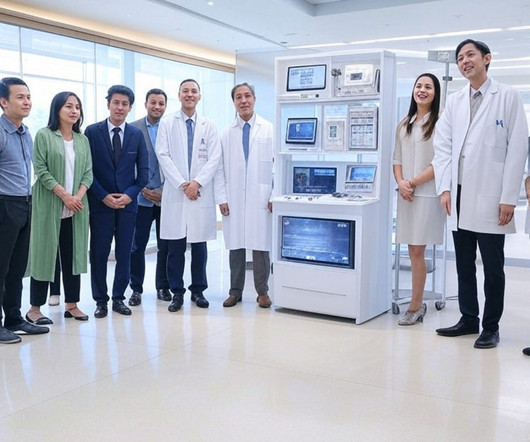How Long Should EM Residency Be? New Studies Shed Light
ACEP Now
JUNE 21, 2023
The latest research Two new studies have investigated academic and clinical performance between the two EM training lengths. For example, four-year programs could offer formal research training or niche clinical experiences such as aeromedical or telemedicine, which a 3-year curriculum cannot not feasibly accommodate.












Let's personalize your content